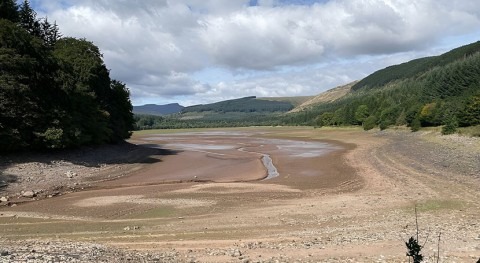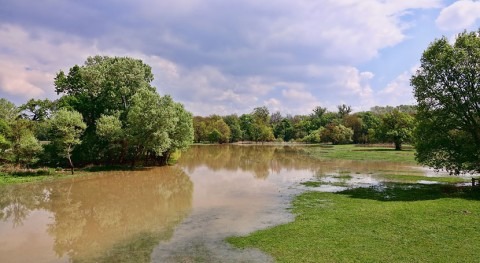Artificial Intelligence (AI) will significantly improve our understanding of climate change and enable better preparations for its impacts, according to a new study.
With an unprecedented amount of climate data now available – including from satellites and complex computer models – researchers need more advanced algorithms and techniques to characterise trends, behaviours and interconnections.
Research led by the Centre for Ecology & Hydrology (CEH) indicates that Machine Learning (ML) – which involves ‘teaching’ computers to better analyse algorithms in order to provide more accurate predictions – can fill some of the gaps that exist in climate science. Furthermore, AI can interpret this knowledge to suggest targeted responses and emergency preparations in the face of approaching extreme weather.
The new study, funded by the Natural Environment Research Council (NERC) and also involving the University of Oxford and Peking University in Beijing, has been published in Environmental Research Letters.
Lead author Professor Chris Huntingford of CEH says: “Although climate research is generally considered to be a process-led activity, it is also extremely complex, and so the usage of more advanced statistical algorithms will elucidate new weather patterns and connections.
“Climate modelling needs a step-change to reduce uncertainty in projections. It is likely that Machine Learning will have a major role in achieving that.”
To illustrate the specific potential of Machine Learning, the study examined three cases where they could be used to gain more insight into climate events. These are the UK drought in summer 2018; the so-called ‘climate hiatus’ of 1998-2013, when there was relatively little change in average global surface temperatures; and calculating biological responses to different climate conditions.
Professor Huntingford says that, for example, a climate hiatus is likely to be a function of simultaneous interactions in the climate system, so Machine Learning can help characterise these and point to any climate model deficiencies.
Co-author Dr Elizabeth Jeffers of the University of Oxford adds: “Machine learning can help us identify unexpected patterns in plant responses to climate change.”


















